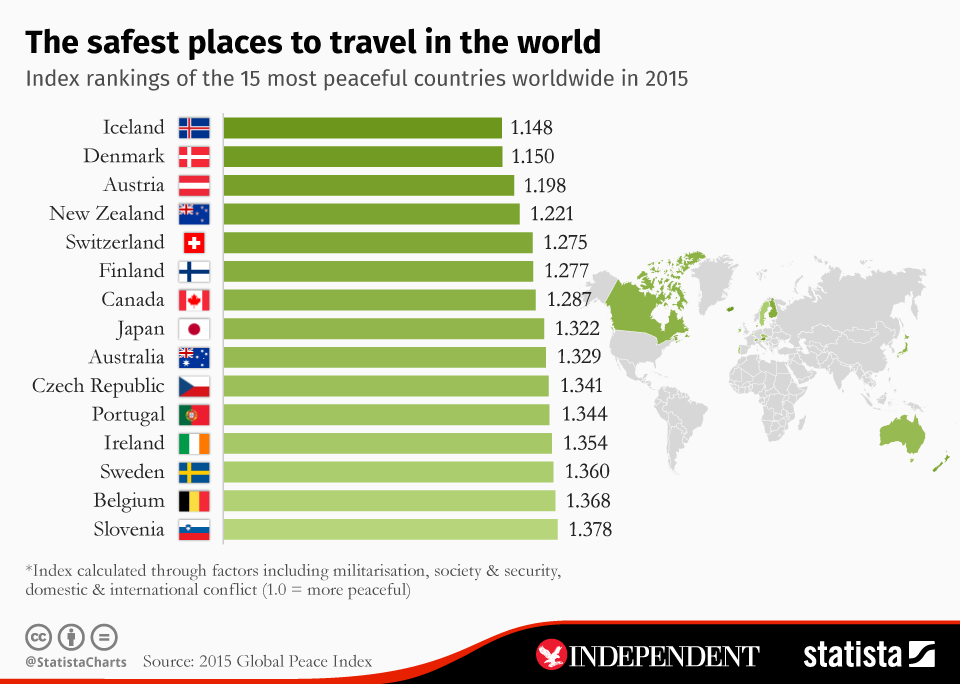EgyptAir flight MS804 crash: Where are the safest holiday destinations?
The cause of the disaster is unknown but has shaken confidence in air travel

Your support helps us to tell the story
From reproductive rights to climate change to Big Tech, The Independent is on the ground when the story is developing. Whether it's investigating the financials of Elon Musk's pro-Trump PAC or producing our latest documentary, 'The A Word', which shines a light on the American women fighting for reproductive rights, we know how important it is to parse out the facts from the messaging.
At such a critical moment in US history, we need reporters on the ground. Your donation allows us to keep sending journalists to speak to both sides of the story.
The Independent is trusted by Americans across the entire political spectrum. And unlike many other quality news outlets, we choose not to lock Americans out of our reporting and analysis with paywalls. We believe quality journalism should be available to everyone, paid for by those who can afford it.
Your support makes all the difference.As confidence in travel to Egypt is shaken by the disappearance of a flight bound for Cairo, focus on the safety of prospective holiday destinations is increasing.
The country’s tourism industry was already suffering a steep decline following Isis’ downing of a Russian passenger plane from Sharm el-Sheikh and a wave of terror attacks, sparking warnings from the British Government.
The Foreign and Commonwealth Office (FCO) advises against travel to western parts of Egypt and the Sinai Peninsula, while warning of a “high threat from terrorism” elsewhere.
“Over 900,000 British nationals visit Egypt every year,” the FCO said, adding that most visits are “trouble-free” but warns tourists to remain vigilant.
The country has seen particular focus on travel, with the downing of Metrojet flight 9268 in October sparking the suspension of flights between the UK and Sharm el-Sheikh.
A spokesperson said no restrictions had been imposed following the EgyptAir crash as the cause is currently unknown but that the situation would be reviewed.
All 66 people on board died when the plane crashed into the Mediterranean Sea in the fifth fatal passenger plane incident of the year.
In February, an al-Shabaab suicide bomber killed himself – but no one else – when he detonated explosives on a flight from Mogadishu.
A domestic flight crashed in Nepal in February, and another in Papua New Guinea in April, while plane from Dubai to Rostov-on-Don in Russia went down in March.
Despite the total of 164 lives lost in 141 days, 2016 remains on course to be one of the safest years on record, but the security situation on the ground is deteriorating in several popular tourist destinations.
One way to gauge the safety of prospective holiday locations is using the Global Peace Index, which takes into consideration countries’ security at home, militarisation and involvement in domestic and international conflict.

Like Egypt, Tunisia was favoured by British tourists for its beaches, historical sights, dependable weather and affordable package holidays.
But June’s shooting massacre on a beach in Sousse, where 30 Brits were among the 38 victims killed, caused the FCO to advise against travel to the whole country.
Previous terror attacks at the Bardo Museum and against security services had sparked concerns of a rising threat from supporters of Isis and al-Qaeda.
The FCO said that despite good co-operation from the Tunisian government and additional security measures “the intelligence and threat picture has developed considerably, reinforcing our view that a further terrorist attack is highly likely”.
“On balance, we do not believe the mitigation measures in place provide adequate protection for British tourists in Tunisia at the present time,” a spokesperson said.
Increasing concerns over Islamist attacks in North Africa have been mirrored in other parts of the continent, where al-Qaeda in the Islamic Maghreb, al-Shabaab, Boko Haram and al-Mourabitoun are among the groups launching insurgencies and attacks.
Countries popular for wildlife and safari tourism, like Kenya, have been affected by the threat.
Parts of South East Asia have also seen recent terror attacks, including a bombing at a Bangkok tourist attraction in August, and January’s bombing and shooting attacks in the Indonesian capital of Jakarta.
The FCO also warns of local insurgencies and unrest in some areas, including in parts of Laos, the Philippines, India and Pakistan.
Visitors to most parts of South America and the Caribbean are cautioned over violent crime rates, theft, as well as the threat of the Zika virus, although officials say most visits are “trouble free”.
According to the Government’s advice, the safest countries for travel are mostly in Europe, Australasia and North America, which have no restrictions.
But since Isis seized swathes of Iraq and Syria in its 2014, a wave of international terror attacks has raised threat levels in the countries bombing its militants and their citizens.
The US issued a global travel alert declaring itself the only safe nation in the wake of the Paris attacks, while the FCO warns that British citizens could be targeted abroad.
“There is considered to be a heightened threat of terrorist attack globally against UK interests and British nationals, from groups or individuals motivated by the conflict in Iraq and Syria,” a spokesperson said. “You should be vigilant at this time.”
Join our commenting forum
Join thought-provoking conversations, follow other Independent readers and see their replies
Comments